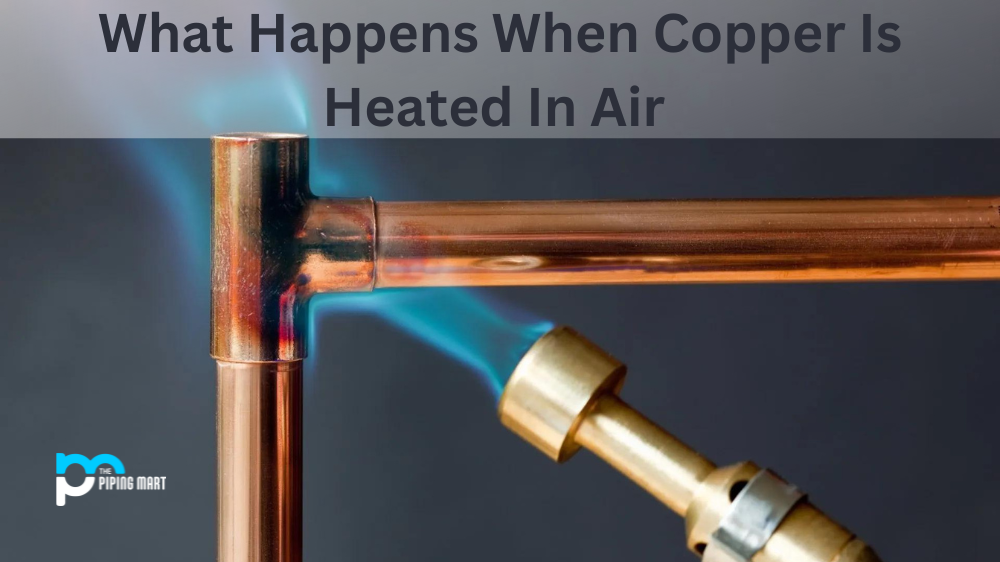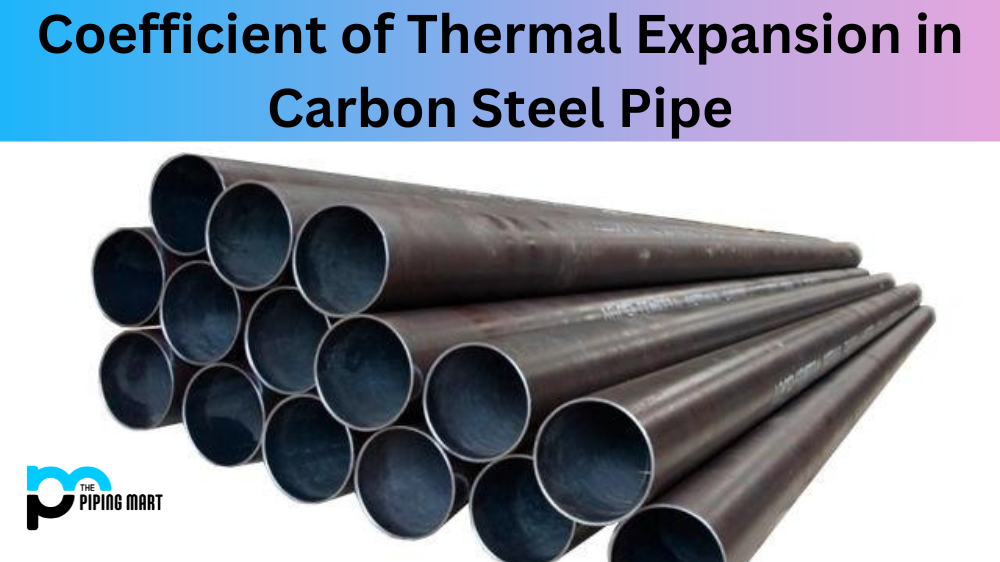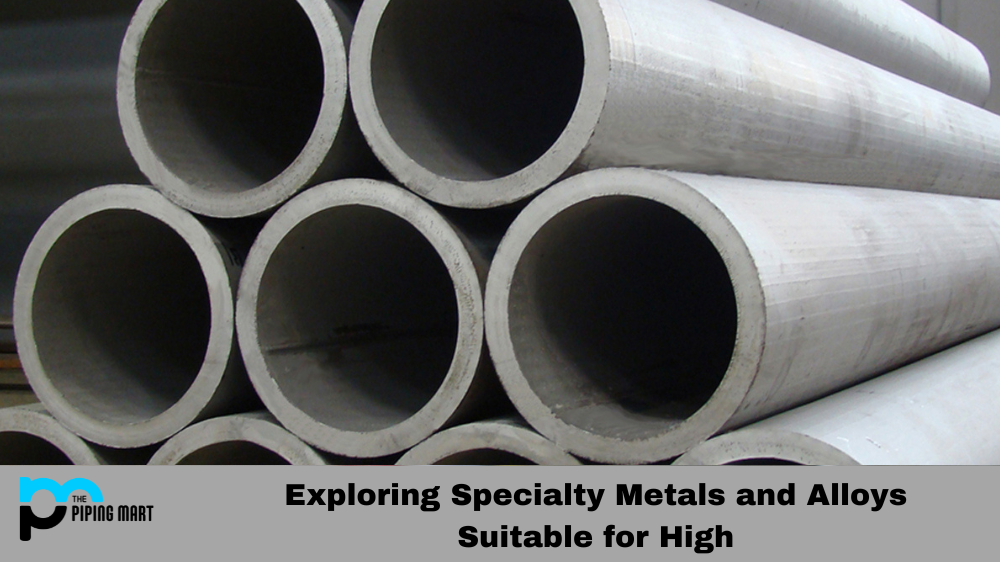Have you ever wondered what happens when copper is heated in the air? It’s a simple enough question with a surprisingly complex answer. In short, the reaction that takes place when copper is heated in air depends on the temperature at which it is heated and how much oxygen is present in the air. Let’s take a closer look.
Copper is an amazing substance, used for hundreds of years in various applications due to its reliable durability and consistent electrical conductivity. It’s an important component in building infrastructure around the world as well as many other consumer products. When copper powder is heated, it gets coated with something known as cuprous oxide. This thin layer prevents further oxidation from occurring when it’s exposed to air and when it’s exposed to water, thus ensuring that the properties of copper remain intact for decades upon decades. Additionally, compounds such as aluminum alloy are often composite with copper which provides a great deal of strength when forming pieces for industrial use. All-in-all, copper plays a role in maintaining sound infrastructure and durable consumer items – modern life would be drastically different without it!
Oxidation of Copper
When copper is heated to temperatures of around 870-980 degrees Celsius, it will begin to oxidize—meaning that it will react with oxygen from the air to form copper oxide. The oxidation process creates two distinct layers on the surface of the copper—a thin outer layer of black copper oxide and an inner layer of red-brown cupric oxide. This oxidation will not only change the appearance of the copper but also weaken its structural integrity over time, as well as increase its electrical resistance.
Decomposition of Carbon Monoxide
At temperatures above 980 degrees Celsius, carbon monoxide decomposes into carbon dioxide gas and oxygen gas. This reaction releases large amounts of energy, warming up the surrounding area and making it increasingly difficult to keep the temperature steady. As such, this reaction should be conducted in an environment with adequate ventilation and no flammable materials nearby.
Conclusion:
In conclusion, heating copper in the air can produce two different reactions depending on how hot it gets—oxidation at temperatures below 980 degrees Celsius and decomposition of carbon monoxide at higher temperatures above 980 degrees Celsius. Both reactions can have adverse effects on both the safety and integrity of your project, so it’s essential to understand what these reactions are before getting started! Ultimately, understanding what happens when copper is heated in the air will help you make better decisions regarding your projects involving this metal.

Pipingmart is a B2B portal that specializes in metal, industrial and piping items. Additionally, we share the latest information and information about materials, products and various types of grades to assist businesses that are involved in this business.




